Selected Bibliography
Anthology of Zen. William A. Briggs (ed.).
Awakening of Faith. Ashwaghosha.
Buddha and Buddhism. M. Percheron.
Buddhism. Christmas Humphreys.
Buddhist Bible, A. Goddard (ed.).
Buddhism and Zen, Senzaki and Mc. Candless.
Chan and Zen Teaching, 1st Series, Le Kuan Yen.
Chan and Zen Teaching, 2nd Series, Le Kuan Yen.
Chan School of Chinese Buddhism. J. Blofield (trans).
Chinese Proverbs. Quon-Quon Company (ed.).
Chuang Tzu, H. A. Giles (trans.).
Development of Chinese Zen in the Light of Mumonkan. H. Dumoulin (tr. R. F. Sasaki).
Dhammapada. N. K. Bhagwat (trans.).
Dialogues of the Buddha. T. W. and C. A. F. Rhys Davids.
Encyclopedia of Religion. Vergilius Ferm (ed.).
Essays in Zen Buddhism. 1st Series, D. T. Suzuki.
Essays in Zen Buddhism. 2nd Series, D. T. Suzuki.
Essays in Zen Buddhism. 3rd. Series, D. T. Suzuki.
Gateless Gate, The. Senzaki and Reps (trans.).
Glorious Presence, The. Ernest Wood.
Goose is Out, The. W. J. Gabb.
Great Yoga Systems. Ernest Wood.
Guide to Zen Practice, Sohaku Ogata.
Introduction to Zen, An. D. T. Suzuki.
Laotse, The Wisdom of. Lin Yutang (ed.).
Laotzus Tao and Wu Wei. Wai-tao and Goddard (trans).
Light of Asia, The. Edwin Arnold.
Living Zen. Robert Linnsen.
Manual of Zen Buddhism. D. T. Suzuki.
Method of Zen, The. E. Herrigel.
Middle Way, Studies in the, Christmas Humphreys.
Practice of Zen, The. Chang Chen-chi.
Practical Yoga: Ancient and Modern. Ernest Wood.
Sesshus Long Scroll. Commentary by Reiko Chibu.
Studies in Zen. D. T. Suzuki.
Supreme Doctrine, The. H. Benoit.
Sutra of Wei Lang. Wong Mou-lam.
Systems of Buddhistic Thought. Yamakami Sagen.
Teaching of Huang Po, The. John Blofeld (trans.).
Ten Bulls of Zen. Senzaki and Reps (trans.).
This is It. Alan Watts.
Walk On! Christmas Humphreys.
Way of Action, The. Christmas Humphreys.
Way of Zen, The. Alan Watts.
We Japanese. F. de Garis.
Wisdom of Buddhism, The. Christmas Humphreys.
World of Zen, The. Nancy Ross.
Writings of Edward Conze.
Young Buddhist Companion. Buddhist Churches of America.
Zen and Japanese Culture. D. T. Suzuki.
Zen and Shinto. Chokao Fujisawa.
Zen Buddhism. Barrett (ed.).
Zen Buddhism. Christmas Humphreys.
Zen Buddhism and Psychoanalysis. Suzuki, Fromm and Martin.
Zen Flesh, Zen Bones. Paul Reps.
Zen for the West. Sohaku Ogata.
Zen in English Literature. R. H. Blyth.
A
Abstractions
An example of the Zenist avoidance of abstractions is: When the Zen Master Tokusan became enlightened, he said, All our understanding of the abstractions of philosophy is like a hair in space. Another, when the idea of difficulty was brought up in the matter of solving a certain problem, remarked, It is like a mosquito trying to bite into an iron bull.
A certain logician, a non-Zenist, hearing of these, questioned: Is this just a method of avoiding the conclusion in a syllogism, and an insistence entirely on the adequacy of the premises only, based upon the senses? The answer that the premises or perceptions require no thought was challenged as itself a thought, but this was denied on the ground that it referred only to the action of perception without thought. The two examples given above show that the Zenist has no objection to analogy, when it serves to express an experience, not to make a comparison.

laya
This word means a house or rather a home, which is in turn a place where all the valued things for use by us are kept and among which we dwell. It came to mean also the spiritual storehouse of all the potentialities of life, which is to be regarded as our true home, and also as our ultimate destination.
There is naturalness not mere mysticism, in this idea, because we see that life in Nature is something sui generis, in no way a reflex from the operations of dead matter. The distinctive point about life in Nature is not so much that it responds to contacts of environment as that it is conscious. If all the complicated actions of the mind were in fact only reactions (no matter how complicated) and life were nothing but a collection or collocation of such reflexes, there would have been no occasion for the rising of consciousness in the process of the organic development of life. This remark is entirely without prejudice to (or against) the Oriental belief that right down to and in the mineral forms in Nature there is some degree of consciousness and voluntary life.
So

laya is the infinitely existent self-nature present as potential in all living beings, and is that which Buddha experienced directly (not through reasoning such as is given in this note on

laya) in full consciousness at the time of his illumination. Zenists hold that this is possible for everybody.
Amit

bha
Literally; Immortal light. Sometimes called Amit

yus, Immortal life. Also Amida. Avalokiteshwara is called the Spiritual son of Amit

bha. Manjushri is another aspect of divinity, expressing wisdom. These forms of divinity are often depicted in Zen monasteries, sometimes in the form of statues, but the zenists do not look for help from them, as the followers of the Pure Land Sect do, although they salute them with bows and reverence.
Anatta
The anatta or an

tm

doctrine taught by Buddha, to which most Buddhists including Zenists, subscribe, is briefly the not self idea of mans true nature. This is not to be confused with the not-self expression used in Hindu philosophies. It means that the true nature of man is not conceivable by the human mind, because that mind knows only objects, and therefore what men call myself is not in any respect themselves. Buddha taught that even with the best of understanding this myself is only a bundle of five tendencies, called skandhas (branches), including form, emotions, perceptive faculties, tendencies or habits of character, and mental ability or discrimination, including the idea of oneself as an entity among other entities.

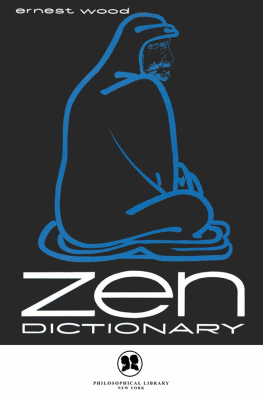






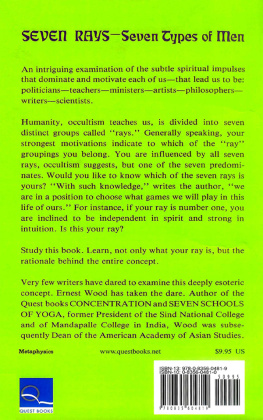


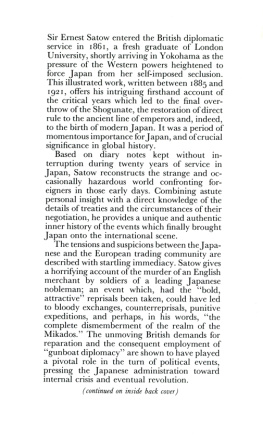

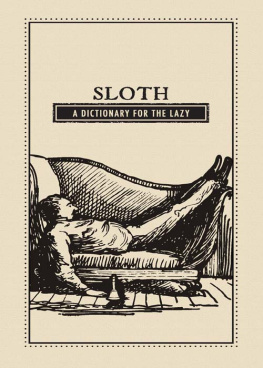
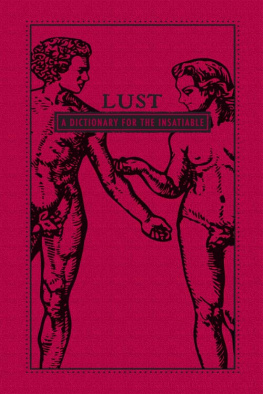
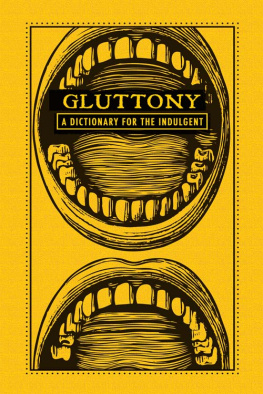
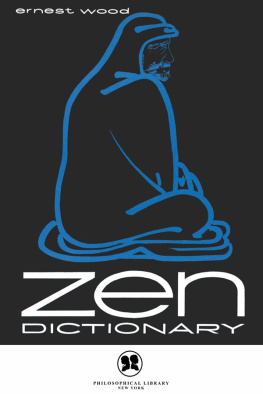
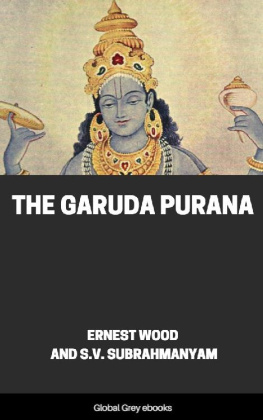
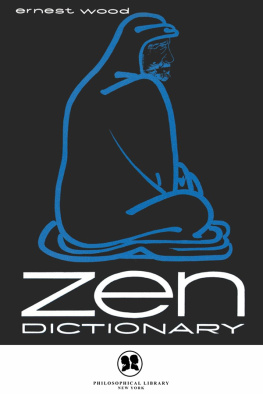

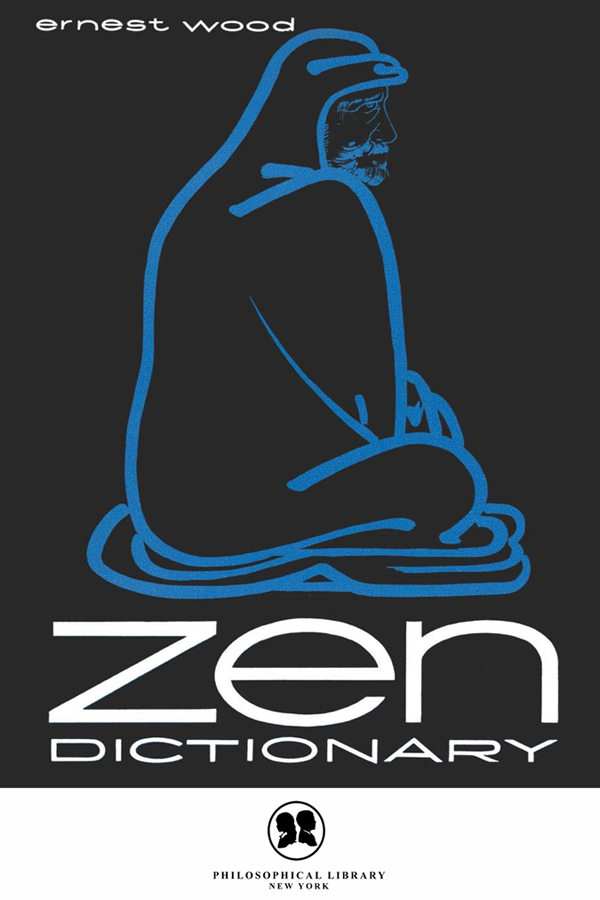
 laya
laya laya is the infinitely existent self-nature present as potential in all living beings, and is that which Buddha experienced directly (not through reasoning such as is given in this note on
laya is the infinitely existent self-nature present as potential in all living beings, and is that which Buddha experienced directly (not through reasoning such as is given in this note on